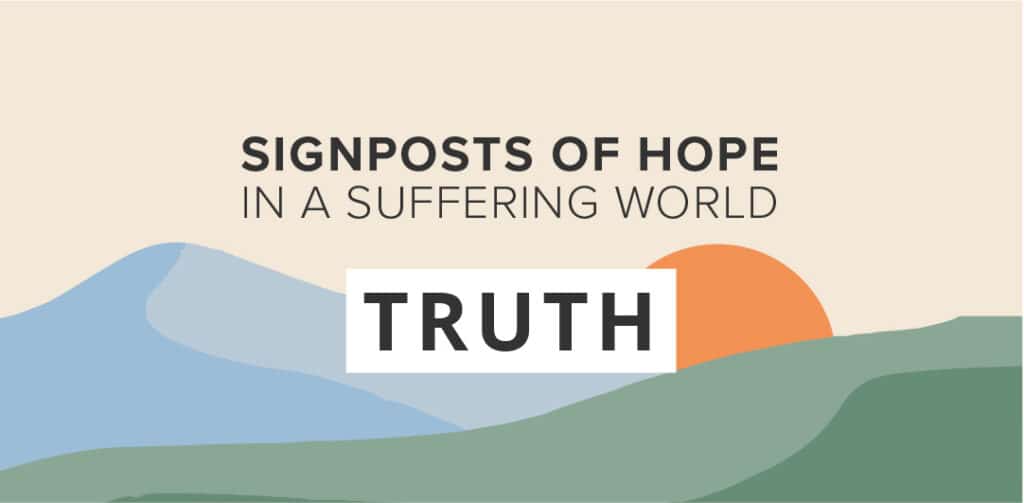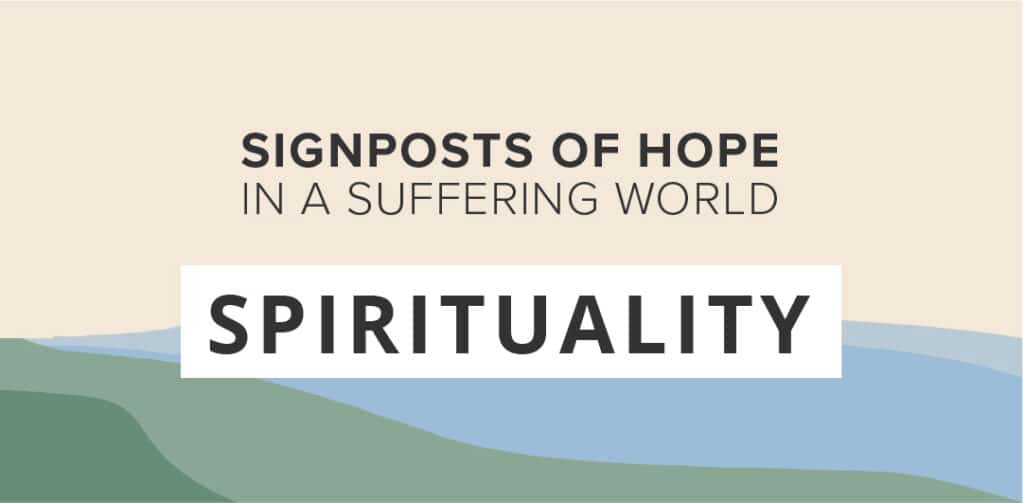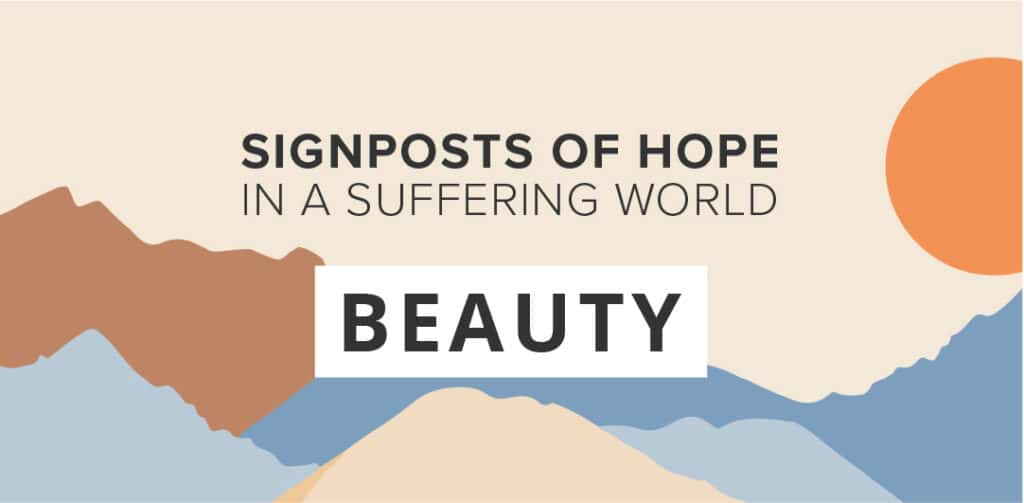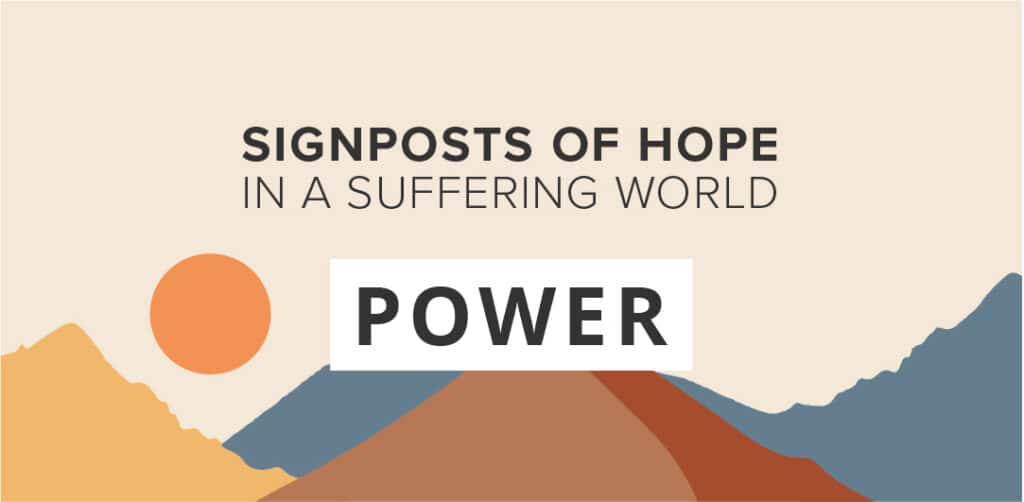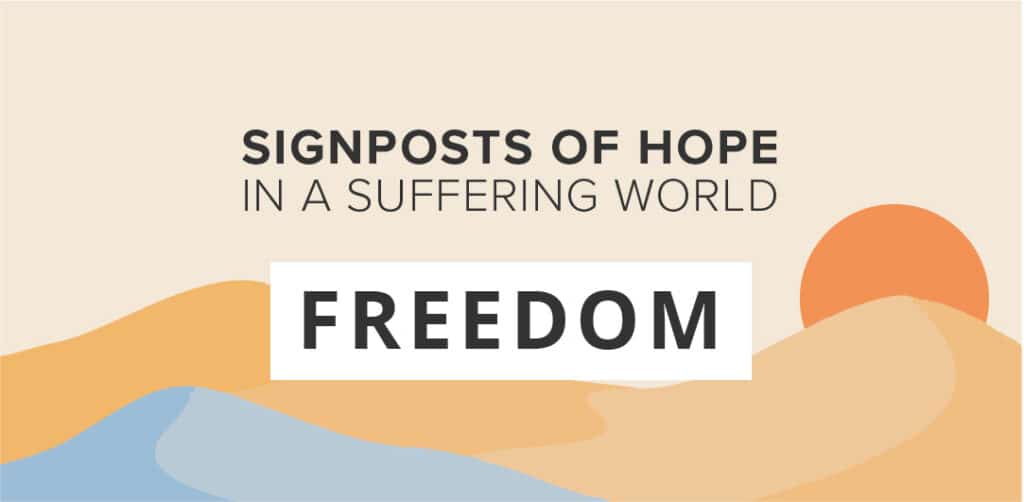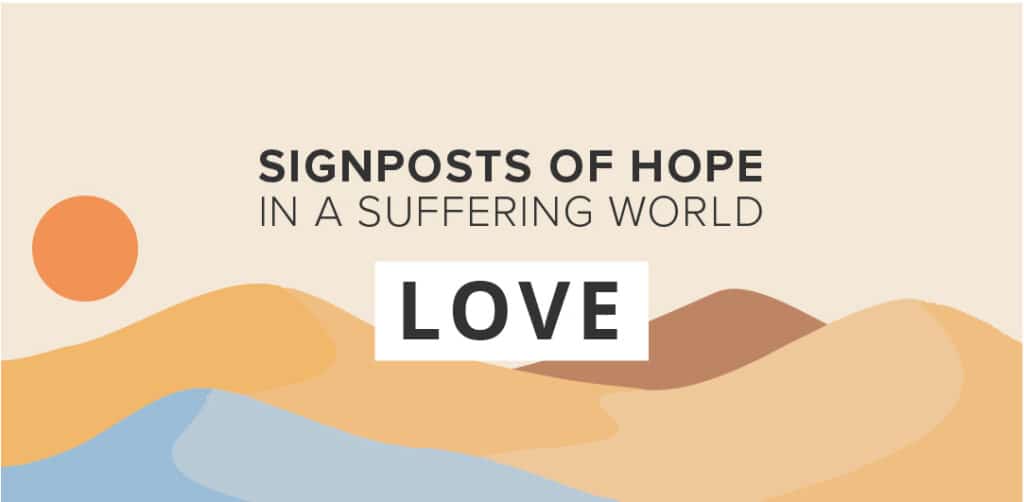Justice is possible because Jesus experienced injustice himself. The only person who ever lived a sinless life died the most brutal and unfair death.
But John wants us to know that not only was his death unjust, his trial was the biggest miscarriage of justice. Why?
- Because it takes place in the middle of the night even though Jewish law states that trials could only occur during the day.
- The Sanhedrin was supposed to be an impartial council but instead was the one that brought charges against Jesus.
- The Sanhedrin could also carry out an execution sentence only if they had a unanimous vote. But they never voted because we know that some members of the Sanhedrin, like Nicodemus voiced their objections.
- The accounts of the witnesses were inconsistent.
- Jesus wasn’t given an opportunity to bring his own witnesses.
- Pilate himself even declares Jesus’ innocence twice.
So why does John go through all this effort to show us this? It’s because he wants us to know that Jesus was the victim of the greatest injustice ever. Why is this significant?
Pastor J.D. Grear says, “In his trial, Jesus was identifying with every one of us who has ever had to undergo injustice—everyone who has ever been betrayed, overlooked, abused, or mistreated. He didn’t just want to die for us. He wanted to walk through the broken experience of injustice so he could say to us, “I know what you are going through, because I’ve been there.”
Tim Keller tells a story about an African American writer who was disillusioned by the injustice she had suffered as a black woman. She was taking a graduate course in Christianity when one day it hit her. She suddenly realized that Jesus didn’t just suffer for us, he suffered with us. And in that moment, she realizes that Jesus had been lynched.
Because Jesus suffered injustice, we can know that he understands what it feels like to be a victim of injustice.


